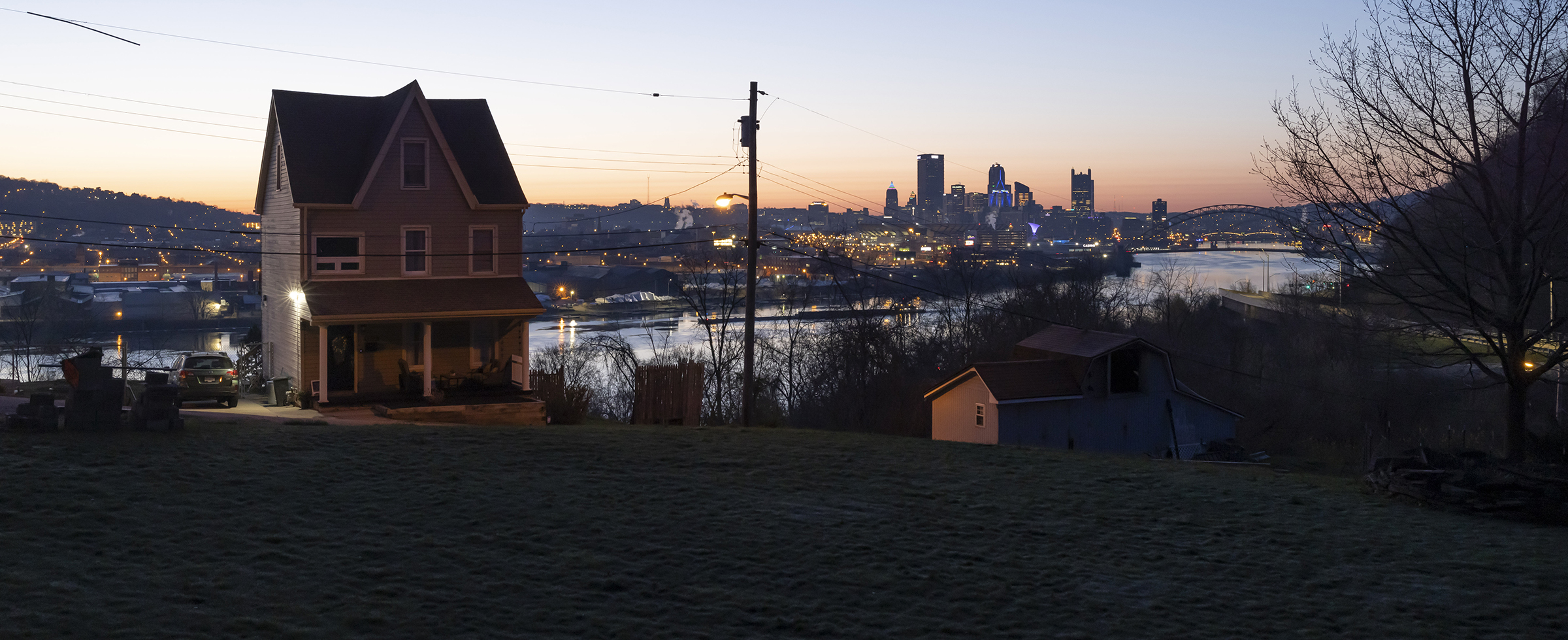Department of Public Works
The Department of Public Works is dedicated to providing creative and customer-friendly service while preserving the City's infrastructure through maintaining City streets, preserving park facilities, and rehabilitating public facilities. The department also meets the environmental needs of the City of Pittsburgh by collecting residential refuse and recyclables, with the City’s Anti-Litter Division monitoring all illegal dumpsites.
Public Works is committed to providing prompt, efficient and safe delivery of arboricultural services through the Forestry Division, which along with the Department of City Planning, focuses on tree maintenance, major park and playground upgrades, master plans, and donor-initiated projects. The Forestry Division is also responsible for the maintenance and health of Pittsburgh’s Urban Canopy, including 33,000-plus street and privately owned trees, trails, riverfronts, greenways, public facilities and right of ways. It also offers support to residents and community members who would like to help the City grow and maintain the urban canopy. Over the next 20 years, Pittsburgh’s urban forest will be a vital and well-managed asset that is locally valued and nationally recognized for its positive social, environmental, economic and public health impacts on the community and greater region.
Over a century after Director of Public Works, Edward M. Bigelow became known as the “father of our parks” for his ambitious park acquisitions. The department works daily to ensure these assets remain a gem of the community for the next century. With Pittsburgh’s historic parks having a wide variety of amenities, monuments, fountains, courts, fields and more, Public Works carries out the daily maintenance and repair. Around 100 laborers within the six Parks Divisions care for 165 public parks. The Street Maintenance Bureau is responsible for the care of the City's needs in street resurfacing, snow and ice removal, street sweeping, disaster response, and land records, ensuring safe and clean streets in Pittsburgh. Public Works also ensures the safety of residents and city visitors by responding to emergencies such as flooding, land subsidence, snow/ice storms and other weather-related catastrophes. Public Works classifies storm conditions into levels, which determine the required response for a given winter weather event. Based on the levels, residents and drivers can expect that all streets will be treated accordingly, including full deployment of snow removal resources.
More about the Department of Public Works
Below is a list of content in the Department of Public Works' Transition Brief (prepared by Thomas Consulting Group for The Pittsburgh Foundation).
|
FINDINGS
|
|
MORE ABOUT THE DEPARTMENT
|

